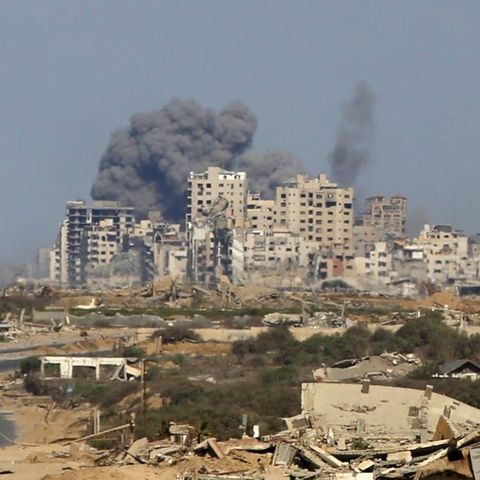The PxQ document places special emphasis on the more regressive nature of the current distribution of the pie. For example: “In 2016 the workers took away 54% of the gross added value of production; in 2018, 46%; As of the fourth quarter of 2021, the share of labor reached just 44.6%.” Part of this setback, explains PxQ, “has to do with the fact that the current real wage level is 15% below 2016 and 2018.”
In contrast, the document gives an example of what happened between 2010 and 2015. In that period, they say, “an improvement in real wages of more than 30% was achieved”, which is mainly explained by the stability of the “exchange rate and tariffs”, which “were the nominal anchors for inflation to go below income growth”.
The flip side of that was seen in the terms of trade. “The improvement in purchasing power drove an increase in the demand for foreign currency both for importing goods, as well as for tourism and savings.” “In a framework of stagnant exports, the trade surplus was lost and not even the exchange control scheme managed to prevent a drop in net international reserves of almost US$35 billion between 2010 and 2015.”
“Given the current situation of the Argentine economy in terms of reserves and the exchange rate gap (both, obviously, are related), it seems difficult for real wages to increase persistently,” says the report. At the same time, analysts also explain that the agreement with the IMF has a negative impact on the improvement of workers’ real income: “(The agreement) implies that a rise in purchasing power must be made compatible with at least two dynamics macroeconomic: maintain the real exchange rate and reduce the level of energy subsidies”.
According to PxQ, the program agreed with the International Monetary Fund “lacks nominal anchors and it is difficult for wages to grow above inflation, in a regime like the current one that is close to being classified as a High Inflation Regime.”
“Without a comprehensive anti-inflationary program and without a relaxation of the exchange control scheme that increases the supply of foreign currency in the foreign exchange market, any improvement in real wages is bound to be transitory and potentially destabilizing, consolidating the current situation of ‘Sixty- Forty,’” the report ends.
Source: Ambito
David William is a talented author who has made a name for himself in the world of writing. He is a professional author who writes on a wide range of topics, from general interest to opinion news. David is currently working as a writer at 24 hours worlds where he brings his unique perspective and in-depth research to his articles, making them both informative and engaging.




